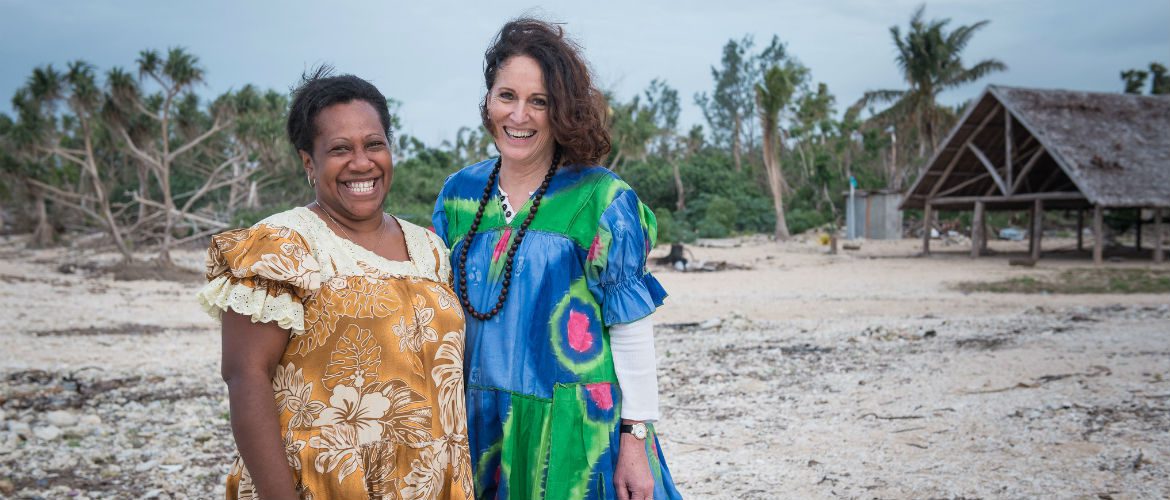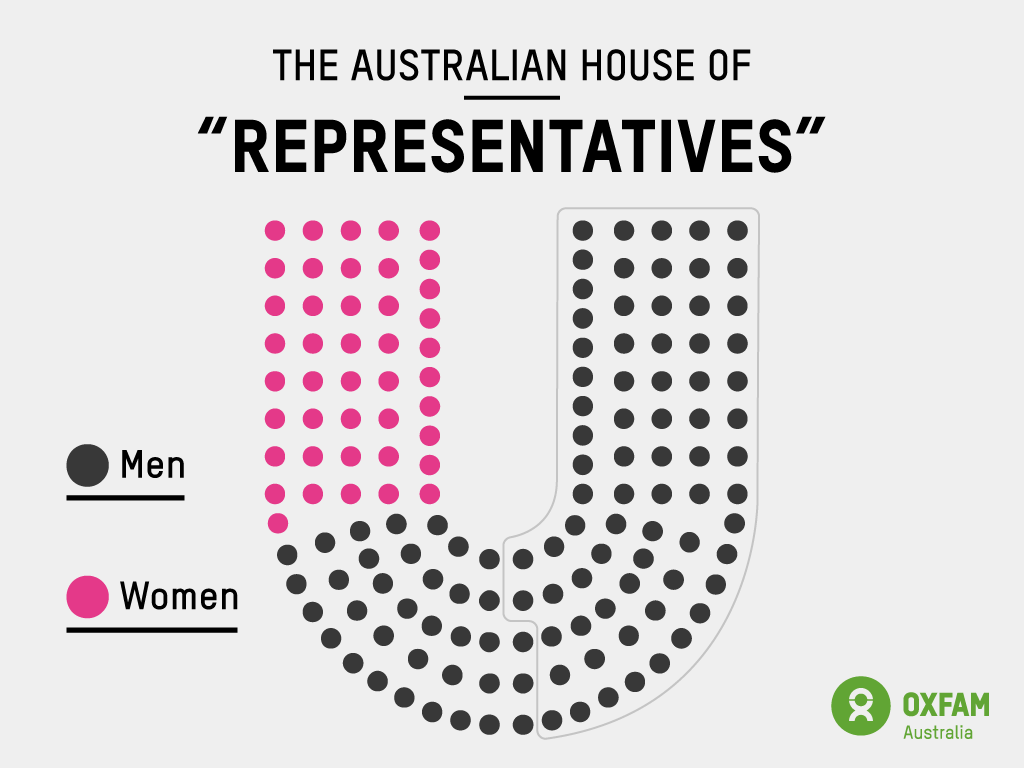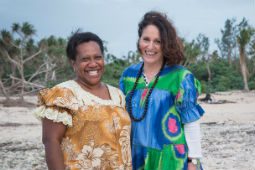
By Oxfam Australia Chief Executive, Dr Helen Szoke
The cliff hanger Federal election has been a bitter-sweet moment in the ongoing battle for gender equity in Australia. Encouragingly, Australian voters have delivered a small increase in the number of women in the House of Representatives.
With one relevant seat facing a possible recount, the number of women in the lower house is expected to increase from 40 in the previous Parliament to 42 and possibly 43, despite early predictions it could rise to as many as 48.
Historically, Linda Burney became the first Indigenous woman to be elected to the Lower House – a wonderfully positive step for the representation of our First Peoples and of women in our Parliament. Fifteen years after Carol Martin was elected a Western Australian (WA) MP and became the first Indigenous woman to sit in any Australian parliament, Burney’s inspiring victory has achieved a long-awaited milestone in the Federal arena.
In the WA seat of Cowan, Anne Aly is set to become the first woman Muslim MP voted into Australia’s parliament.
While each individual victory is to be applauded, the increase in the voice of women in Australia’s national parliament remains only a tentative step towards much-needed equity. At its highest, the election result will mean the percentage of women in the lower house increases from about 26 to 28.6%.
This will still leave Australia lagging behind many other countries on the equitable representation of women in parliament. According to the Inter-Parliamentary Union, the international organisation of parliaments that works for representative democracy, Australia’s previous parliament ranked it 57th in terms of gender equity.

Even an increase to 28.6% would leave us in 49th position behind other countries, including Uganda, New Zealand and Algeria. Moving away from the numbers, there was a dearth of debate during the campaign on the policies which affect women the most.
Where were the commitments on issues that are important to women and impact on their lives when candidates were on the campaign trail? Why is this important some still ask? The fact that anybody should need ask highlights the extent of the battle ahead.
In my career as a human rights advocate, I am all too aware of the ongoing and urgent need for change to address the inequality, discrimination, harassment and violence that continues to be perpetrated against women in our communities.
We live in a world where at the current rate of progress, women won’t be paid as much as men for equal work for another 75 years.
In Australia, women continue to do most of our unpaid labour and are over-represented in part-time jobs.
Women are more likely to be poor, with women and children representing the majority of those living in poverty.
But where during this campaign was the debate on pay equity? Where was the discussion about lifting women and children out of poverty? Where was the conversation about unpaid work?
Engagement with women voters on issues such as climate, despite an ABC Compass poll finding 82% of women believed the Federal Government should do more to combat climate change compared to just 67% of men, was also sadly lacking.
On this front, the election campaign was a wasted opportunity and a reflection that the major parties are yet to learn the lesson of the value of engaging with women on the issues that matter to them. Elevating the issues that are important to women and listening to women about what is important will be the challenge for the new generation of female MP’s in our national parliament.
The increase in the numbers of that new generation of women is good news. But the bad news is it is a big burden for less than 30% of the lower house. It is a burden that should be carried by all MPs, men and women alike.
Sadly, the fight to improve the empowerment of women through greater representation in parliament is far from over.

Oxfam and women’s rights
Oxfam helps women realise their rights and overcome the discrimination they face. Find out more about our work.